
Opportunities for feedstock suppliers
How it works
How it works
Title: Shell RCNG animation
Duration: 2 minutes
[Transition]
Onscreen text animates onto screen.
[Onscreen text]
Shell plans to achieve its target to be a Net Zero Emissions energy business by 2050, in step with society.
R-CNG plays an important role in our global sustainability strategy.
[Transition]
Illustrations appear onscreen showing all stages of compressed natural gas production with animating arrows showing the direction of process steps.
[Onscreen text]
The raw biological material for renewable compressed natural gas (R-CNG) would ordinarily be considered an undesirable waste product, but we’re converting it into cleaner, renewable energy.
[Transition]
Screen changes to focus in to the first stage of compressed natural gas production. Farm vehicles are shown ploughing fields and collecting waste from livestock.
[Onscreen text]
Agricultural waste, such as cow manure and crop waste, is collected from barns, pastures, and fields.
[Transition]
Screen changes to focus on the anaerobic digestor with an agricultural vehicle driving towards it transporting waste. The anaerobic digestor grows in height and packs of fertiliser appear.
[Onscreen text]
This organic waste is fed into large tanks called anaerobic digestors, where it breaks down, creating biogas.
By Products from the anaerobic digestion process is returned to the farm as fertilizer.
[Onscreen popup text]
Biogas can also be created with food and water waste.
[Transition]
Focus changes to the next stage of the process showing the flow of gas from the anaerobic digester to the purifier and a pipeline appears to show the gas being transported via a pipeline.
[Onscreen text]
Biogas includes the methane emissions from the decomposing organic material captured in this process and prevented from entering the environment.
The biogas then gets processed and purified to become R-CNG, meeting the same pipeline requirements as fossil-derived natural gas.
[Transition]
Screen transitions to the next stage: Transportation via truck. Directional arrows show the movement of gas from the purifier to a truck driving along a road.
[Onscreen text]
Pure R-CNG is transported by truck or by pipeline to natural gas refueling stations, where it is available for NGVs to fill their tanks.
[Transition]
Screen zooms out to show directional arrows visualising the gas being transported via truck and pipeline to a refueling station.
Screen focuses in on the refueling station. A truck is parked by the storage tanks and a second truck drives onto the forecourt. Animating dots on the pipe network show the gas being transferred from the storage tanks to the refueling points.
[Onscreen text]
Growing numbers of R-CNG-fueled heavy-duty trucks on the road help us reduce greenhouse gas emissions, meeting air quality standards and environmental regulations.
[Transition]
Screen zooms out to show overview of entire process.
[Onscreen text]
Shell plans to achieve its target to be a Net Zero Emissions energy business by 2050, in step with society.
R-CNG plays an important role in our global sustainability strategy.
[Transition]
Screen turns white and the Shell Pecten appears.
Key benefits for the farm
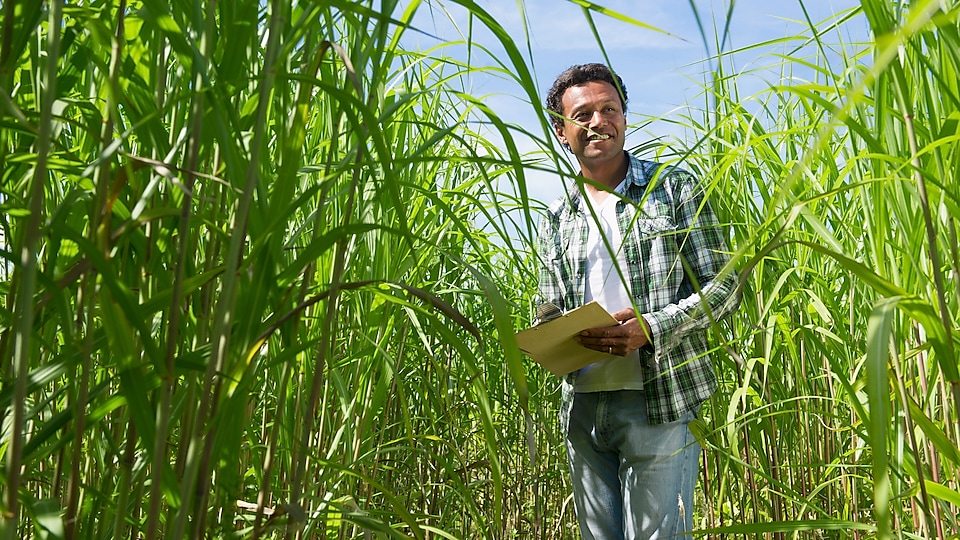
Additional income source
Looking for ways to diversify revenue is critical to the long-term financial viability of many farms. Biogas produced from the breakdown of farm waste provides an additional income source.
The biogas captured can be used to meet on-farm energy needs, can offset the need to purchase fuels and producers may be able to see excess biogas generated to the grid.
Also reducing and reusing materials in the process such as the effective use of the solid waste byproduct, reduces costs of having to buy manufactured fertilizer.
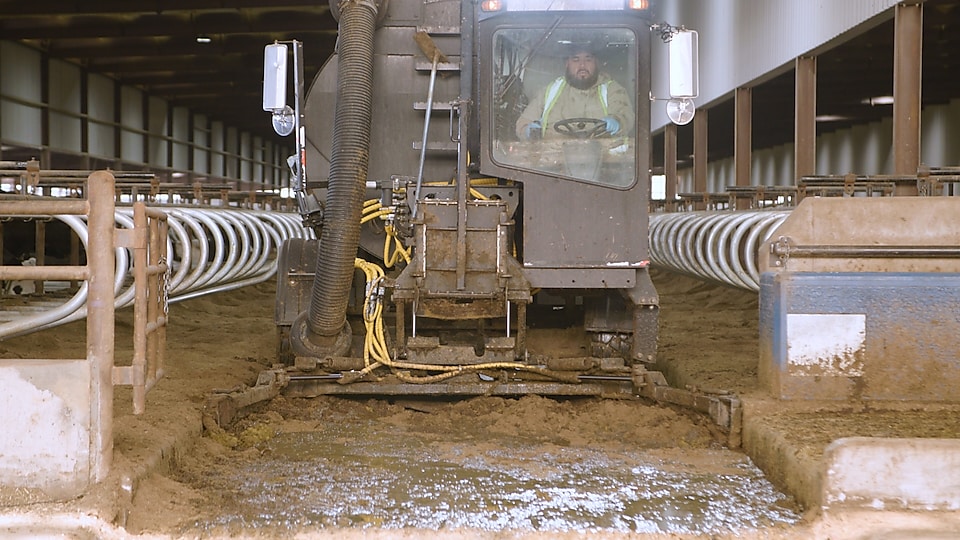
Reduced greenhouse gas emissions
Methane released into the atmosphere from farm waste is extremely harmful to our environment, more so than CO2, it absorbs more heat, contributing to global warming. Using this waste to produce energy, reduces the amount of harmful gases in the atmosphere.
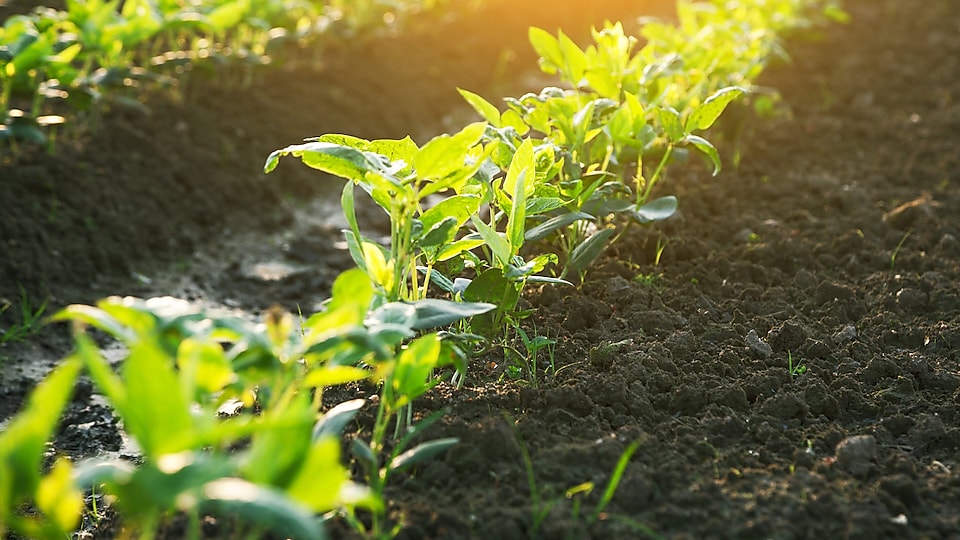
Organic nutrients
The material leftover after farm waste is digested, is rich in nutrients. Spreading recovered organic materials to land increases nutrient and water retention improving soil health.
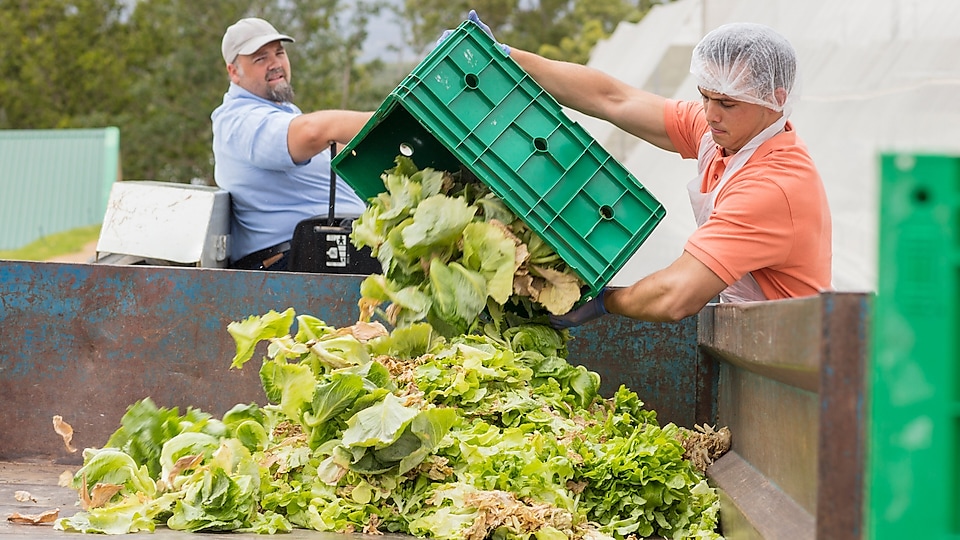
Reduce waste and order
The entire process of turning waste into energy is sustainable with no reliability on fossil fuels or non-renewable sources to make it happen. Most of the processes are natural such as the anaerobic digestion process. As a result, the organic waste is turned into a source of energy that would have once been lost when placed in landfills.
We are also committed to other responsibilities:

Protecting the environment
Ensuring our operations do not lead to deforestation is core to our business principles. This means working with our supply chain to prevent deforestation, protect biodiversity, improve traceability, and guard against land being used to grow energy crops which should be supporting the growing demand for food.
All of our purchased feedstock that are considered to be high risk from a human rights, biodiversity, or release of carbon stock perspective are certified as sustainable by credible sustainability initiatives.
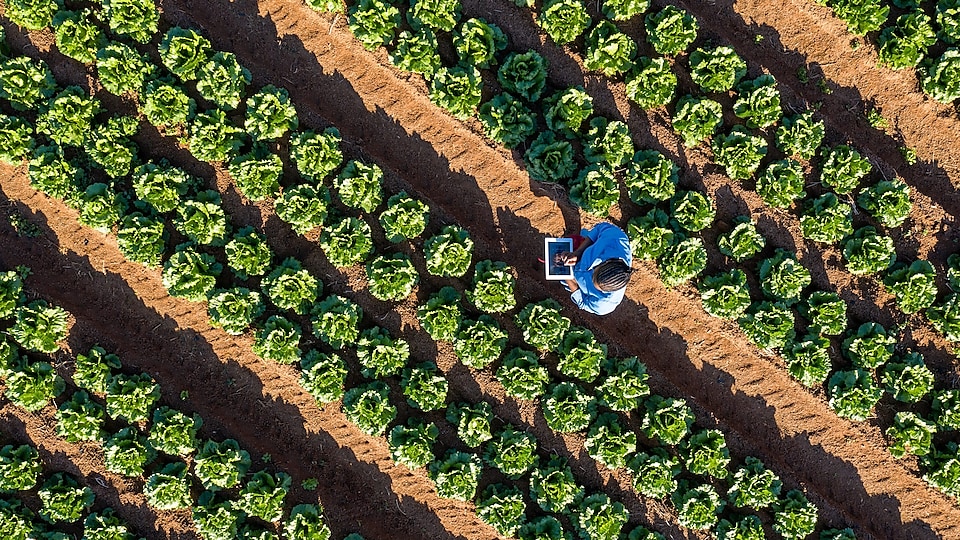
Wastes and residues
The carbon intensity of our products depends on the feedstocks chosen and the process and technologies we use. New technologies are enabling our progression from crops to more sustainable alternative feedstocks, such as agricultural waste. This improves the sustainability of our products.
Producing low carbon fuels from waste feedstocks is generally more sustainable than using food or energy crops, however the issues surrounding waste-based feedstocks can be wide-ranging and context specific. We work on an ongoing basis to understand the sustainability issues associated with each project and work very closely with our farmers and suppliers to share best practices and raise sustainability standards across the sector.
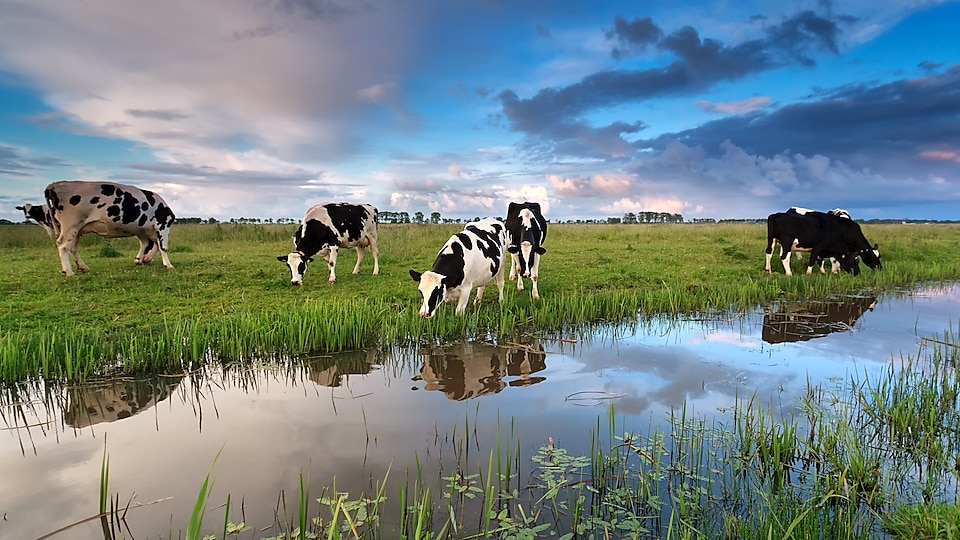
Animal care and welfare
Manure from animals bred or kept for the production of food or feed is a valuable renewable fuel source and is used as an RNG feedstock. Shell is committed to ensuring animal care and welfare principles are implemented and adhered to throughout its supply chain. We work closely with partners, and actively engage animal welfare experts, to understand best practices and incorporate them into our operating standards.
You may also be interested in
Key benefits of R-CNG
Shell’s renewable compressed natural gas (R-CNG) is a low or negative carbon natural gas transportation fuel derived from organic waste. Reducing carbon emissions alongside other benefits.
Frequently asked questions
Explore frequently asked questions about the production, use and benefits of both RNG and R-CNG.


